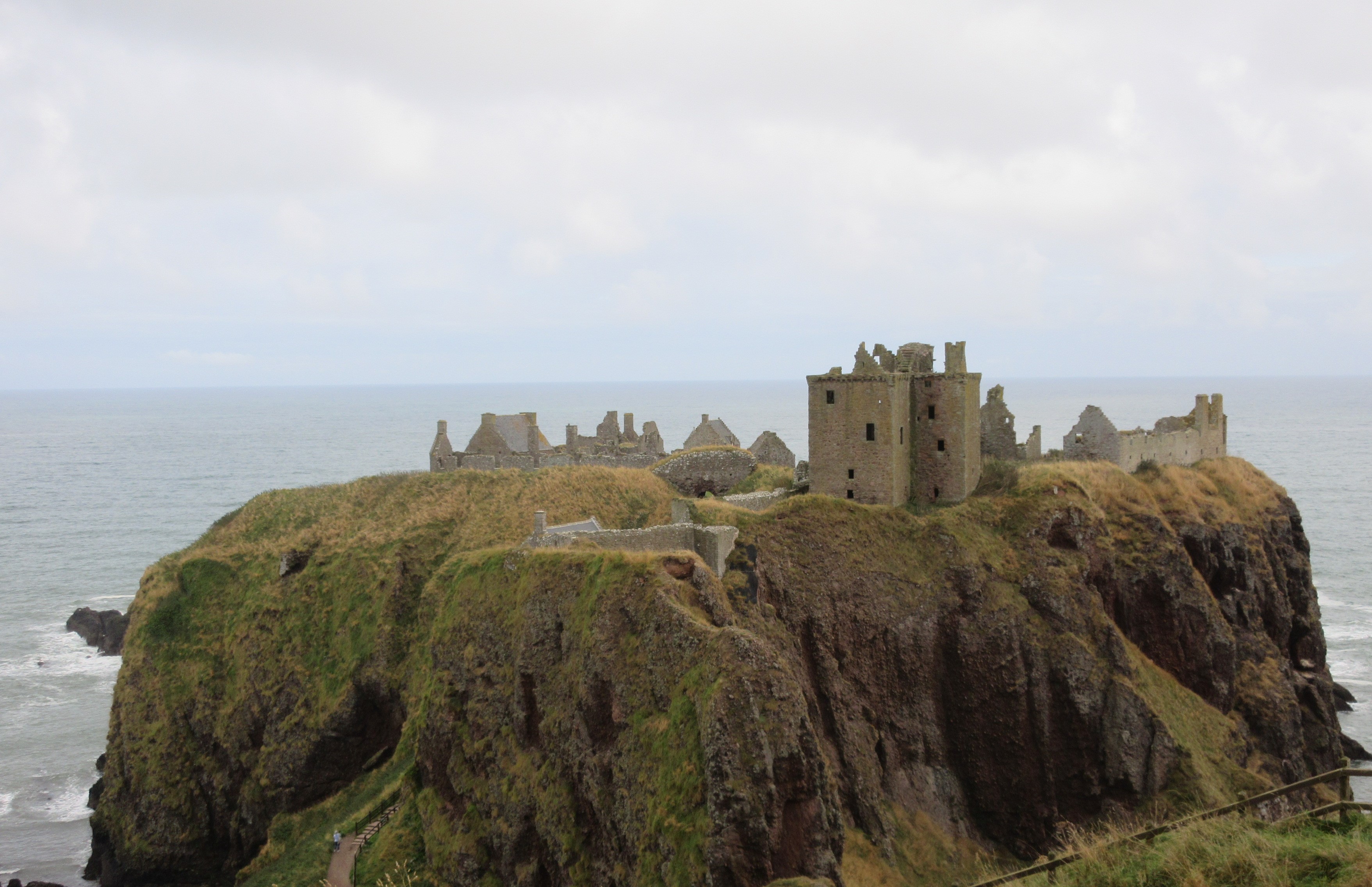
Prime Minister Winston Churchill is touring Britain to rally the people in support of the defense of their island, their freedom, and their way of life.
At the beginning of 1941, he traveled to Scotland visiting Edinburgh, and then on the 17th, the Prime Minister’s train takes him to Glasgow.
Traveling with the Prime Minister is an American gentleman named Harry Hopkins. The United States at this point had not entered the war or provided any aid to Britain faced the Nazi Blitzkrieg alone.
The Prime Minister and his party are invited to dinner in Glasgow. The dinner group that evening included Tom Johnson, soon-to-be Secretary of State for Scotland and The Lord Provost of Glasgow.
Allow me now to quote from Trevor Royle’s ‘A Time Of Tyrants, Scotland And The Second World War.’
The Prime Minister and his group “…that evening dined with Johnson and Lord Provost Dollan before returning overnight to London. It turned out to be a momentous occasion. In the official party was Harry Hopkins who acted as US President Franklin D. Roosevelt’s special emissary, and was in the country to assess Britain’s position before deciding whether or not to offer any American support to the war effort.
After dinner, several informal speeches were made and Johnston invited his American guest to address the gathering, having ascertained earlier that Hopkins was proud of his Scottish ancestry and his antecedents from Perthshire. As Johnston recorded at the time, Roosevelt’s envoy’s words were not mere pleasantries but could be read as an emotionally charged signal to his hosts.
Hopkins said, ‘Mr. Chairman, I am not making speeches here. I am reporting what I see to Mr. Franklin Delano Roosevelt, my President, a great man, a very great man. But now that I am here and on my feet perhaps I might say in the language of the old book which my grandmother from Auchterarder, and no doubt your grandmother too, Mr. Chairman, paid so much attention, that (and here Hopkins paused and looked straight down the table at Churchill) ‘Wheresoever thou goest we go, and where thou lodgest we lodge, thy people shall be our people, thy God our God, even to the end.’
Hopkins had very carefully and intentionally quoted from the Book of Ruth Chapter 1 and verse 16. He was obviously familiar with the story and the quoted verse, as his remarks were unplanned. Not only was he familiar with the story and verse, his listeners, and particularly the Prime Minister were as well.
The Prime Minister, not normally thought of as a religious man, was in spite of his bluster also a very emotional man. Royle relates, “The Prime Ministers’ eyes welled up with tears.” No one more than he recognized the dangers ahead and that Britain would very soon need help.
I find it interesting that an obscure story and verse from the Old Testament would, in a time of war, help set the stage for the defense of the free world.
That little nugget has just been sitting there in the Book of Ruth this whole time. Can’t wait to find the next one!
It’s also interesting that these leaders of the prominent nations of the free world were Biblically literate. If many of today’s world leaders were to meet over dinner, would any use an obscure Old Testament verse to make a point and if he did, would any of the others understand?
Isn’t it amazing that Ruth’s words of solemn commitment in a very stressful situation all those centuries ago could affect the defense of the free world in the recent histories of our nations?
